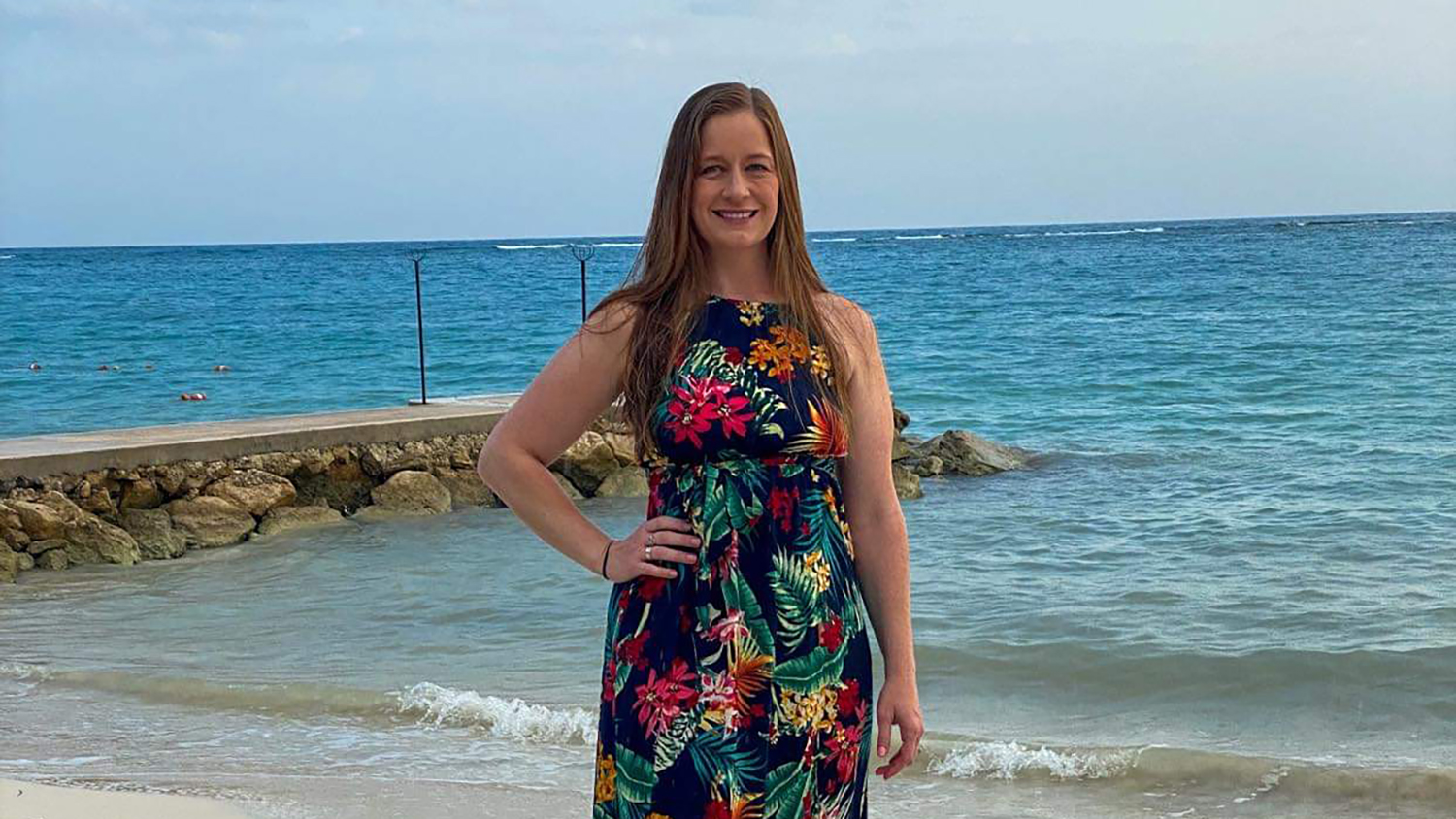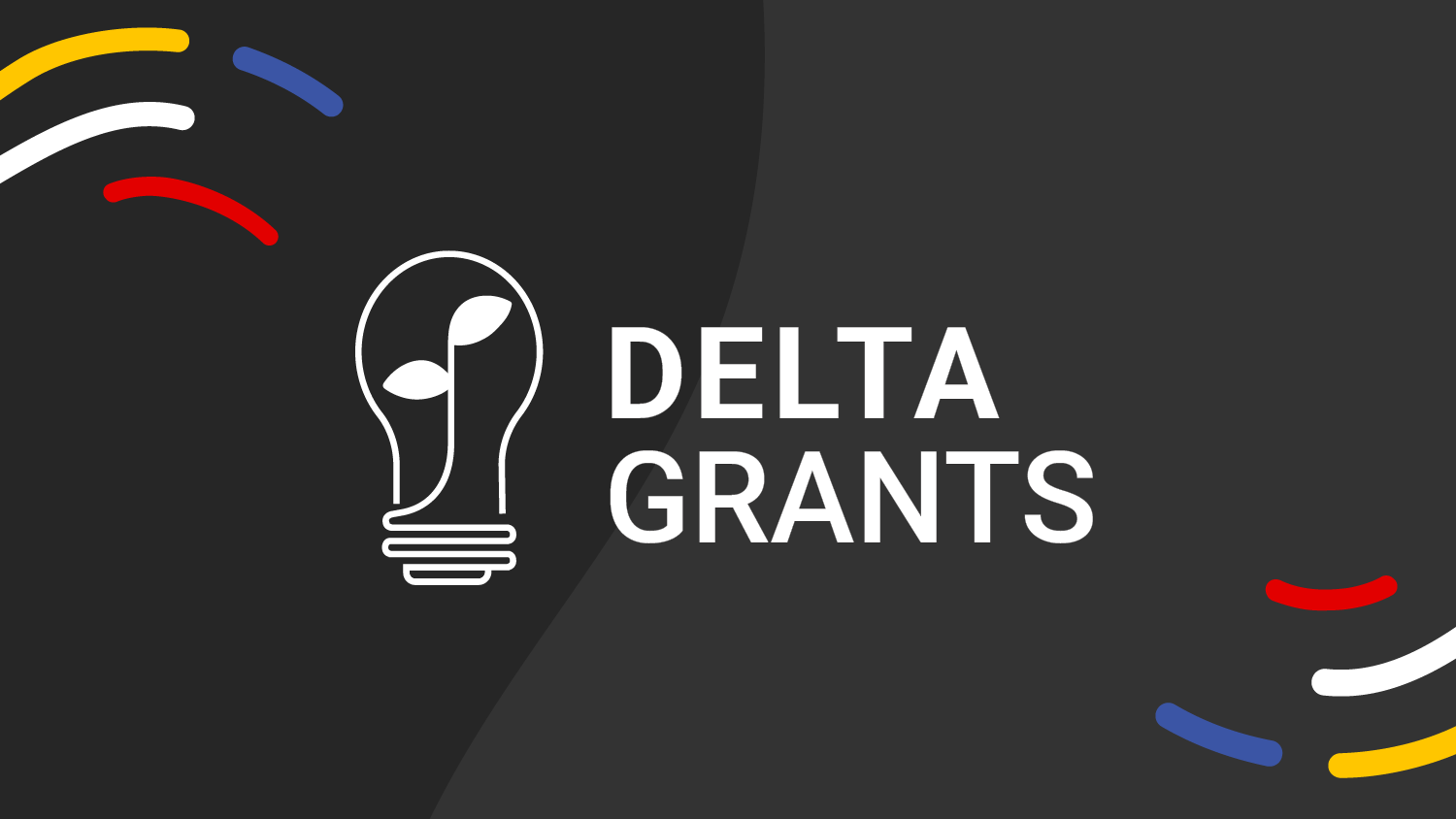ESL Add-on Program Speaks to Empathetic Teacher

Born and raised in Chicago, Stephanie Orchard-Hays always knew she wanted to be a teacher. Though she struggled as a student, her fifth grade teacher encouraged her to find her passion and follow it.
After teaching a kindergarten and first grade bilingual classroom in Illinois, Orchard-Hays found her passion in bilingual instruction. Afterwards, she spent eight years teaching traditional kindergarten and first grade in Chatham County.
Six years ago, she was asked to teach part of the dual language program. In dual language programs, half the content is taught in English and half the content is taught in a second language that is representative of the students at the school. The goal of these programs is for all learners to become fully bilingual and bicultural. Currently, Orchard-Hays teaches math, social studies and literacy in English to her 48 students for half of the school day.
Through her own experiences in school, Orchard-Hays is able to better empathize with the academic struggles of her kindergarten students. 50% of her students speak Spanish at home and are among the students with the lowest grades in the school. Due to COVID-19, some of her students either did not attend Pre-K or attended virtually, and Orchard-Hays is their first teacher in a classroom setting.
Orchard-Hays chose to continue her education with the English as a Second Language (ESL) Add-on Licensure program after it was highly recommended by her interim principal who knew Teaching Assistant Professor Alison Turner, the program coordinator for the ESL add-on program.
“The purpose of the ESL add-on program is to help equip teachers who already hold an initial teaching license in another area for working with the growing population of English language learners in our local schools,” said Turner.
“North Carolina has a rapidly expanding English language learner population with one of the 10 largest in the nation,” Turner says. “The state experienced an explosion in population growth from 2000 to 2014 and today English language learners make up more than 7% of the student population in North Carolina public schools.”
“Yet overwhelmingly, teachers report feeling underprepared for working with English language learners in the classroom,” Turner continues. “Our goal is to help all classroom teachers gain the skills and knowledge necessary to be able to serve English language learners’ unique needs while also tapping into their assets and benefits that they bring to our classrooms.”
“We see our goal at NC State to fulfill the ‘Think and Do attitude’ in which we equip all teachers to work with the growing English language learner students in our state,” says Turner.
The ESL Add-on Licensure program is Orchard-Hays’ first experience being a student in more than 14 years, and she credits the program for helping her reaffirm her love for her true teaching passion. Orchard-Hays is a champion for student success and works diligently to prepare her students for future classroom successes.
“This is my first semester, but regardless I appreciate the flexibility of the program. I’m able to learn how to be a better resource for my students, while still having time to be a mom, a wife and a teacher,” says Orchard-Hays.
The ESL Add-on Program helps students understand how to approach multilingual students in the classroom with an asset perspective. Students in the program consider multilingual students’ unique past experiences and knowledge and work to build on this during classroom instruction.
The courses have impacted her everyday instruction, especially with teaching vocabulary. She’s able to recognize when her students are struggling and reconsider how to provide comprehensible input and better build their vocabulary learning.
“My ultimate goal is to become the best teacher I can be and to reach as many students as possible,” says Orchard-Hays. “Some of my students enter the classroom for the first time without knowing how to speak any English, and by the end of the year, they’re able to read and write in English.”
Are you interested in enrolling in the English as a Second Language (ESL) Add-on Licensure program? Visit the program page, or check out online.ncsu.edu/programs for a full list of degree and certificate programs.
- Categories:


